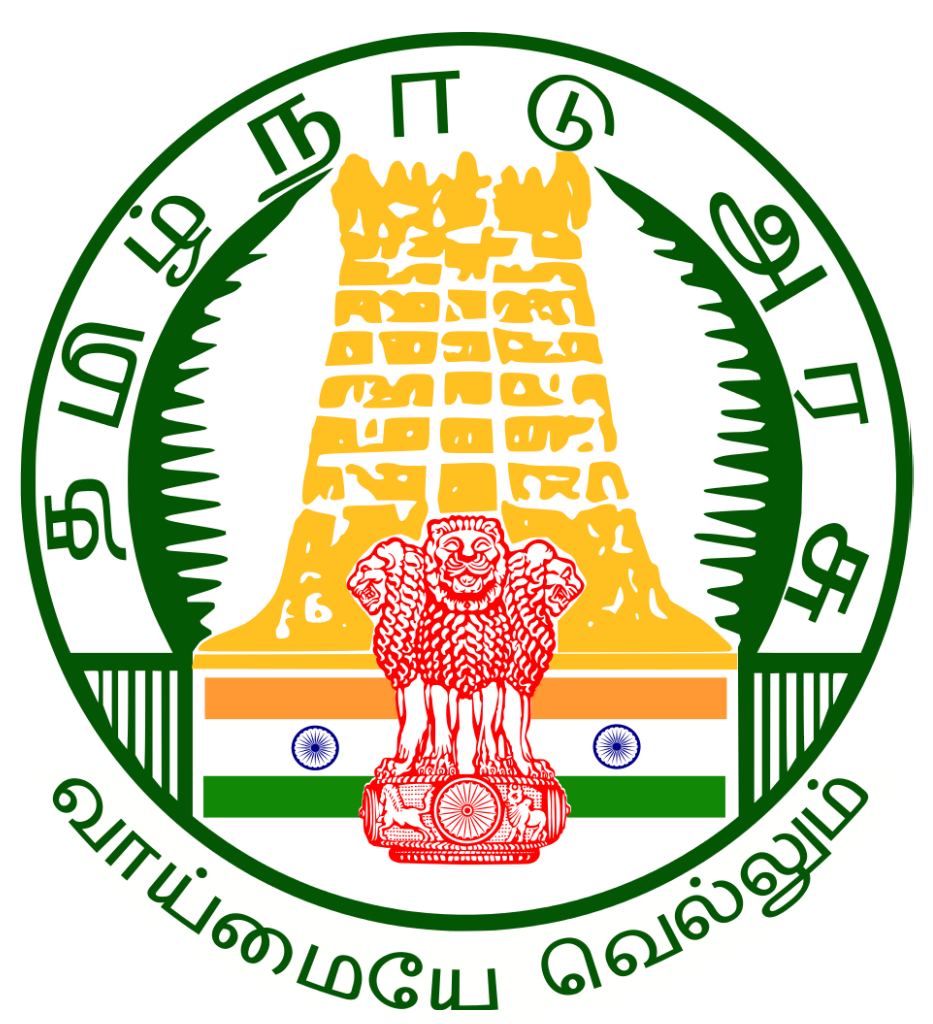



Aided Projects

A brief note on each of the Externally Aided Projects namely World Bank (RCH Project) and DANIDA projects functioning within the Health Department.
1.DANIDA ASSISTED TAMILNADU AREA HEALTH CARE PROJECT - PHASE III
Phase I of the DANIDA Tamil Nadu Area Health Care Project was implemented from August 1981 to October 1987 at an outlay of Rs. 19.48 crores in the erstwhile combined districts of Salem and South Arcot. Phase II was implemented in four districts viz. Salem, Namakkal, Cuddalore and Villupuram from 1989 to 1996 at a total expenditure of 24.77 crores. Phase III of this project, currently in progress, covers the districts of Dharmapuri, Thanjavur, Nagapattinam and Thiruvarur for most of the activities, extends some of the activities to the old districts of Salem, Namakkal, Cuddalore & Villupuram and supports some state level activities like training, drug supply logistics etc., at a total outlay of Rs. 59.10 crores (including direct funding of Rs. 6.00 crores) over a period of five years. The agreement for the third phase was signed on 24.12.96 and the administrative sanction obtained from Government of India on 05.09.97. The overall objective of this project is to improve the health and family welfare status of the rural population in the project area, especially of the weaker sections. With a view to improving and strengthening the facilities for the delivery of health and family welfare services in an integrated manner in accordance with the National Health Policy, various external agencies are providing financial assistance to the Government of Tamilnadu. DANIDA is a major bilateral donor in the Health Sector. The funding is on reimbursement basis with 85% share by DANIDA, 5% by Government of India and 10% by Government of Tamilnadu. Now the project is in the process of obtaining the revised escalated project cost of Rs 70.70 crores and extends the project period till December 2002. The government of India gave an interim extension upto 22.08.2002.
2.REPRODUCTIVE AND CHILD HEALTH PROJECT
The International Conference on Population and Development held in Cairo in 1994 had recommended a holistic approach to women's health and recommended the implementation of Reproductive and Child Health (RCH) project with the following objective.
"People have the ability to reproduce and regulate their fertility, women are able to go through pregnancy and child birth safely, the outcome of pregnancies is successful in terms of maternal and infant survival and well being and couples are able to have sexual relations free of fear of pregnancy and contracting diseases".
In keeping with this concept the Project was set up to provide to the beneficiaries, need based, client-centered, demand -driven high quality and integrated RCH services.
Project Implementation:
The RCH is being implemented in Tamil Nadu under two Components:
"The sub project implementation commenced from 1997-98 for a period of five years with an overall World Bank financial outlay of Rs.23.14 crores (Rs.15.24 Crores for rural and Rs.7.90 crores for urban) for Madurai and theni Districts.
The State Implementation Plan (SIP) is being implemented in all the remaining districts of Tamil Nadu with the approval of Government of India and with World Bank assistance for specified activities on MCH.
Objectives
The broad objectives of the sub project in Madurai and Theni districts are:
The specific objectives of the sub project in Madurai and Theni districts are:
The Government of India have so far released Rs.12.25 crores to implement sub project in Madurai and Theni districts. The amount alloted for the entire project period is Rs.23.14 crores.
3. AIDS Control Programme:
The State AIDS Project Cell was formed in January 1993 in Tamil Nadu. TAMIL NADU STATE AIDS CONTROL SOCIETY (TANSACS) was the first registered Society in India for HIV/AIDS control and prevention registered in 1994 as a mandate of National AIDS Control Organisation (NACO), New Delhi.
The Principal Secretary to Government, Health and Family Welfare Department, is the President of the Society and a Senior I.A.S. Officer is the Member Secretary & Project Director. In 1986 the first HIV case in India was detected in Madras Medical College, Chennai. The sentinel surveillance data has been showing a steady decline among antenatal clinic attendees since 2001.
Even though the first HIV cased was identified in Chennai, Tamil Nadu and since the Tamil Nadu State AIDS Control Society continues its fight against HIV/AIDS, TANSACS envisions a Tamil Nadu where no new individual would acquire the HIV infection, and every person living with HIV/AIDS has access to quality care and lives with dignity.
TANSACS believes that Tamil Nadu would be able to halt and reverse the epidemic of HIV very soon, and set itself as a model state in India and in the whole world.
TANSACS' foundation is built on a quality care-and-support system for persons living with HIV/AIDS. By fostering close collaboration with Non Governmental Organisations, women's self-help groups, Community Based Organisations, positive people's networks and various National and International Donor Agencies, TANSACS constantly works towards improvement of accessibility and accountability of the services, effective prevention strategies and providing prevention-to-care continuum support for HIV/AIDS affected people.
TANSACS takes continued efforts to ensure that people living with HIV/AIDS have equal access to quality health services. It stands committed to building an enabling environment wherein those infected and affected by HIV/AIDS play a central role in all responses to the epidemic – at state, district and grass root level. TANSACS believes that it is possible to created an environment where human rights are respected and where those infected or affected by HIV/AIDS live a life without stigma and discrimination.
District AIDS Prevention Control Unit (DAPCU)
District AIDS Prevention and Control Unit (DAPCU) is functioning in 29 districts in Tamilnadu.The Deputy Director of Health Services is designated as the Nodal Officer to head the DAPCU in order to bring about integration of NACP interventions in the NRHM framework. The DACO is responsible for coordinating with TANSACS on all matters related to HIV/AIDS planning, implementing and monitoring.